WORK WITH UNDERGRADUATE RESEARCHERS
As mentioned in my bio, one of my favorite parts of my job is engaging undergraduate students in the research process. I find students fall into one of two categories before we begin working together. On one hand, some students are very excited about research but don’t fully understand the process, especially the rigor, behind academic research, and on the other hand, those that are afraid to ask to participate in research. In either case, through working closely with me and other students and faculty, students in the first camp realize they need to slow down and take their time in order to do really good work, and those in the latter realize that they CAN do research.
All students I’ve worked with need mentoring, and I’m very happy to work at a place that promotes opportunities for early-stage students to engage in and learn about research with their professors. And I always hear back from professors at the Atlanta campus about how well prepared our Oxford students are to jump into research when they transfer over to Emory College. This is true regardless of the field they did research in. I have had many students work with me on projects in linguistics and German who go on to work in psychology, biology, and other STEM field labs and have great success just because of the research experience they already have under their belt.
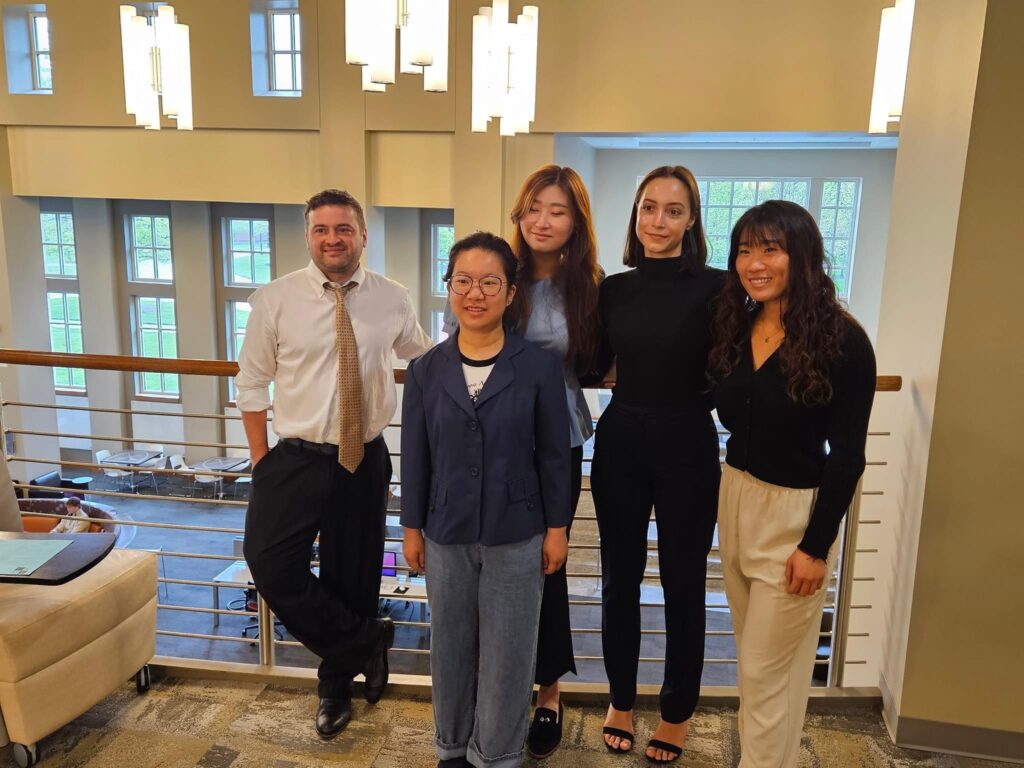
publications (completed or submitted) with emory students*:
Walter, D. & Shi, J.* (revisions resubmitted). Beyond Xier: An exploration of neopronoun usage by German speakers on Twitter. Journal of Gender and Language.
Walter, D., Galya, F.*, & Cai, J.* (accepted). The effect of cue length and position on implicit learning and noticing of determiner-noun agreement pairings: Evidence from a cue-balanced artificial vocabulary learning task. PLOS One.
Yoon, H.*, Bond, K.*, & Walter, D. (2023). Concept-based language instruction effects for second and heritage language learners: The case of Korean speech level. Heritage Language Journal 20, 1-34.
currents projects with oxford students, oxford-continuees at emory college, or emory graduates:
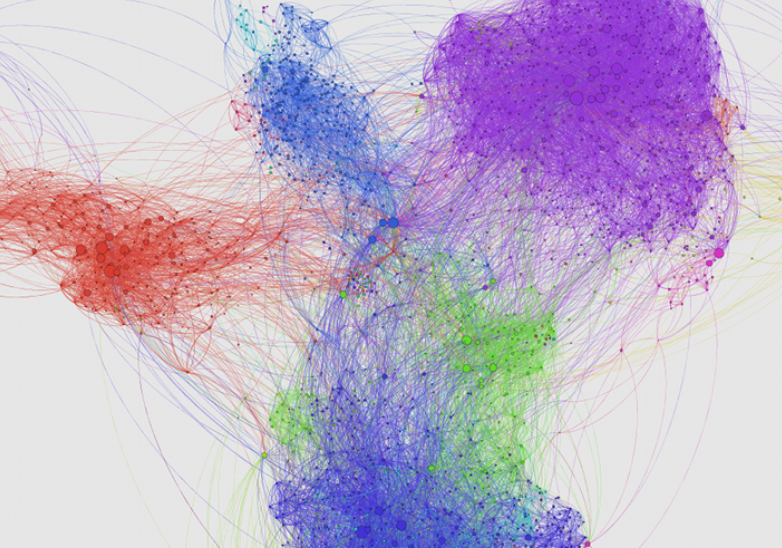
Project title: Labor market returns for linguistic clusters: An application of gravity models to employment and compensation outcomes.
(Undergraduate) researcher: Laurel Ivanovski (graduated 2023)
This project investigates the use of linguistic clustering via gravity models to predict employment and compensation outcomes for speakers of languages other than English. In addition to helping develop the models and analyze the data, Laurel will be co-authoring an article for the Journal of Regional Science.
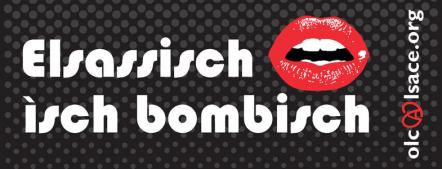
Project title: “It’ll be real German, but German with a little twist”: Teaching dialects in the study abroad classroom.
Undergraduate researcher: Sarah Lehrich
This work explores how a study abroad course focused on dialects affects students understanding of the language they are learning and how they perceive the local dialects of their study abroad context. Sarah has already worked with us the past year to analyze the data and will be helping us to co-author several publications from this study. My colleague Dr. Ruck and undergraduate Sarah will be presenting this work with me at the American Council on the Teaching of Foreign Languages in Philadelphia and at the German Studies Association conference in Atlanta this fall. Sarah will also be co-authoring articles with us, which we plan to submit to the Modern Language Journal and Foreign Language Annals.

Project title: An articulatory-reduction approach to understanding metathesis.
Undergraduate researchers: Ameya Patil & Alison Wen
Working with Dr. Yun Kim and I, students in this project will be using an electromagnetic articulography device we have on loan from Georgia Tech to test whether metathesized words are always easier, in terms of distance traveled by oral articulators (tongue, jaw), as compared with their non-metathesized forms. Students in this project will be running participants through our protocols and analyzing data using R.
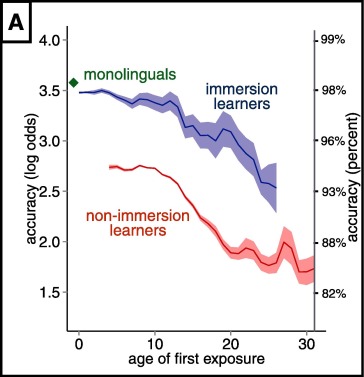
Project title: Discourses around the Critical Period Hypothesis for Second Language Acquisition in AP Psych: A plea for a more critical approach
Undergraduate researchers: Matthew Nguyen, Timothy Lim, Yuigo Ueyama, Ameya Patil, Stephanie He
In this project, students will be assessing how the Critical Period Hypothesis for Second Language Acquisition is taught in AP Psychology courses to assess whether the information taught is accurate in relation to new findings from cognitive psychology. Students will be doing an analysis of course materials, and surveys with AP Psychology teachers and students.
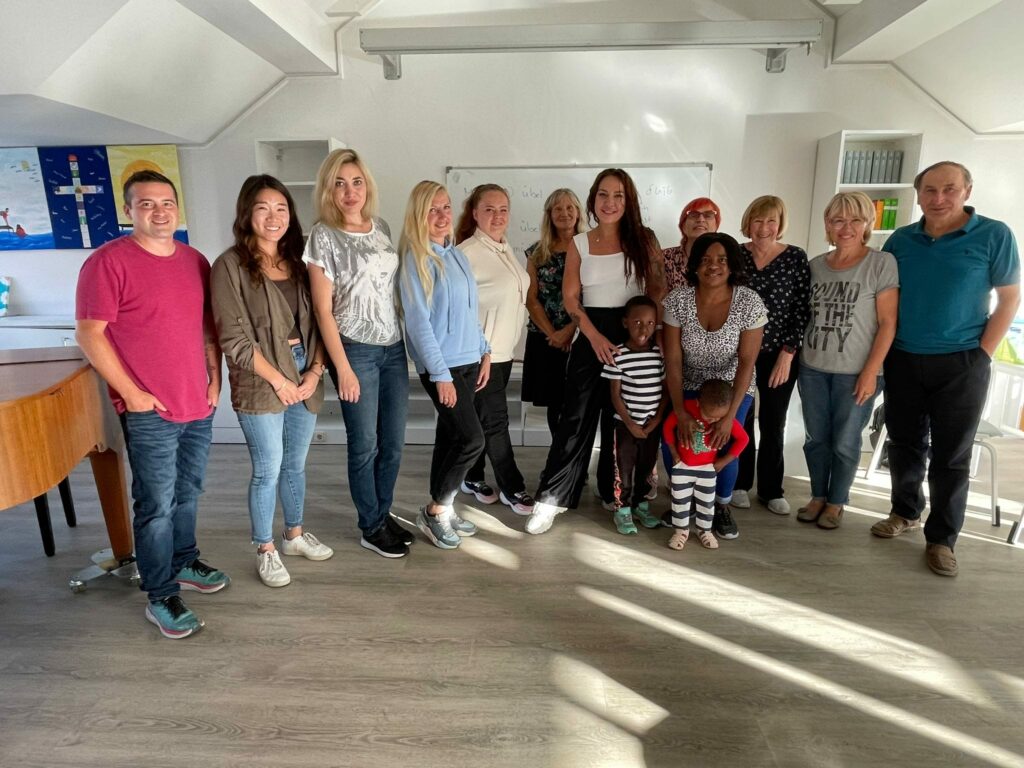
Project title: Haven? Forced migration and German as a second language in Hamburg
(Undergraduate) researcher: Lilias Kim (began the project as an undergraduate and is working as a research assistant post-graduation)
This is a book project I am undertaking with another colleague, Dr. Richmond Embeywa, to understand how forced migrants (refugees) experience learning German as a second language. We are conducting interviews with forced migrants from Syria and the Ukraine who are living in Hamburg. Lilias helped me a few years ago by coming to Hamburg to build up a network of educators and migrants, and she is now helping us with our literature review for the book and will also be helping to analyze the interviews.